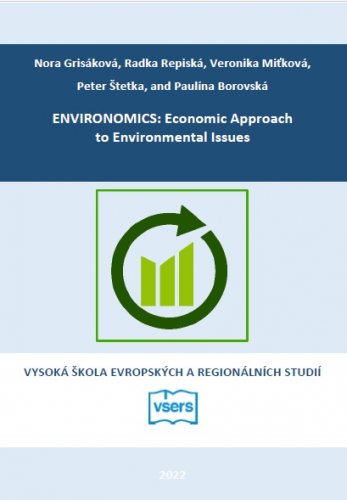The state of the environment is currently a major global problem. Pollution is considered a
serious threat in industrialized countries, where the quality of life is measured by the
growth of material production. Meanwhile, the environment has become a serious
obstacle to economic development and poverty alleviation in developing countries.
Humanity's relationship with the environment has gone through several phases, starting
with primitive periods when people lived in a state of symbiosis with nature, followed by a
period of increasing dominance of nature until the industrial age, and culminating in a rapid
resource-consuming manner and the growth of the twentieth century, which affected
natural resources in several ways. More recently, humanity's attitude toward the
environment has evolved to include more active projects and policies to predict and
minimize environmental degradation. In this context, many experts consider the concept
of sustainable development and environmental economics as an evolving field of
economics. Prior to the 1970s, little attention was paid to the growth and development of
this field of knowledge in economics. The first oil crisis in 1973 and the subsequent
occurrence of relatively high environmental damage on a global scale prompted scholars
to apply economic tools to environmental science. Nowadays, people around the world
have realized that the environment is not just a study of flora and fauna, but a synthesis of
the study of different branches of knowledge, such as science, economics, philosophy,
ethics, and anthropology. Therefore, environmental economics requires a detailed
understanding of the various environmental factors, their impacts, and their functions for
the environment and for human life in the present and in the future.
The concept of sustainable development is an approach that allows for the
improvement of the quality of life at a lower intensity of resource use, leaving future
generations with an unchanged or even increased supply of natural resources and other
values. Sustainable development is a key factor in creating added value and innovation,
and at the same time can make a critical contribution to the economic development of
individuals and society as a whole. In a free market and a well-functioning economy, it could
strike a balance between economic prosperity, social cohesion, and the rational use of
natural resources. The general impetus has been renewed by the success of the "Agenda
2030" and the Paris Agreement. At the same time, people around the world are beginning
to worry about inequality, slow growth, job loss, and globalization, which is reflected in the
stimuli of socio-economic difficulties. The Organization for Economic Cooperation and
Development (OECD) aims to help countries sustain socio-economic growth through three
key aspects: green "ecological" growth, inclusive growth, and productivity growth. The
concept of green growth is able to provide a monitoring framework with a set of four broad
groups of indicators and the strategy of economic transformation. The aim of these policies
is to create a socio-economic and environmental system to assess the impact of economic
activity on the environment.
| ISBN: | 978-80-7556-116-9 |
|---|
| EAN: | 9788075561169 |
|---|
| Doporučená cena: | 600 Kč |
|---|
| Pořadí vydání |
první |
| Jazyk |
anglický |
| Autor: |
Nora Grisáková |
| Autor: |
Paulína Borovská |
| Autor: |
Radka Repiská |
| Autor: |
Veronika Miťková |
| Autor: |
Peter Štetka |
| Nakladatelství |
Vysoká škola evropských a regionálních studií, z. ú. |
| Tématická skupina |
1 - Ekonomika |
 Svaz českých knihkupců a nakladatelů
Svaz českých knihkupců a nakladatelů
